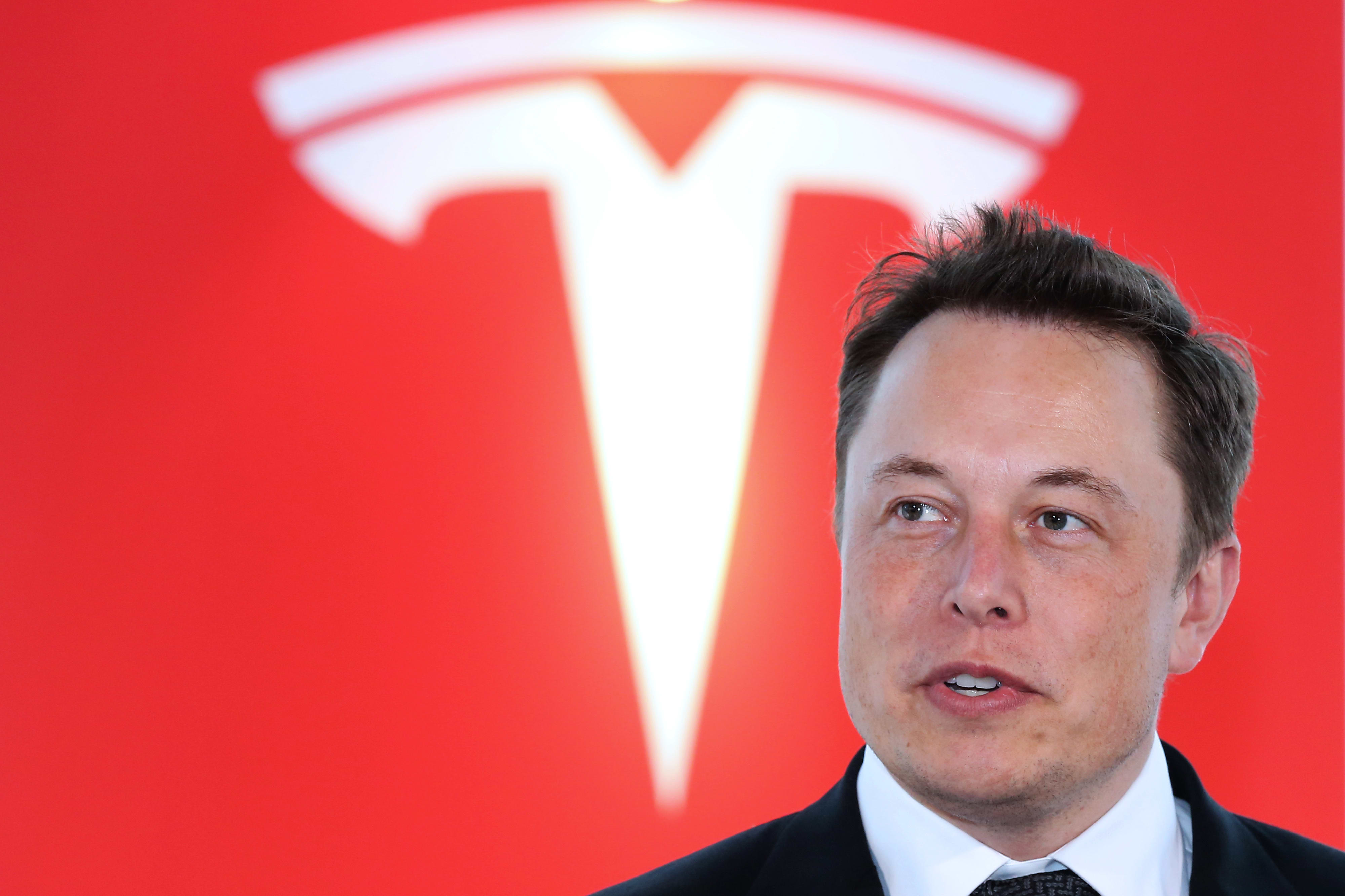Elon Musk, co-founder and chief executive officer of Tesla Motors.
Yuriko Nakao | Bloomberg | Getty Images
Shares of Tesla are roaring higher — but some are worried Elon Musk’s electric carmaker might be a speculative bubble that sometimes occurs in financial markets, especially near the end of bull markets.
Rising more than 110% in 2020 alone, some believe Tesla has become unmoored from its fundamentals, fueled by short covering and the fear of missing out among investors not holding the stock.
“Tesla has gone parabolic,” said Matt Maley, chief market strategist at Miller Tabak. “This is taking Tesla well above a level that would be supported by its current fundamentals… The stock is going to get absolutely clobbered at some point before long.”
Tesla shares are up more than 17% on Tuesday, at one point trading above $900 for the first time, and analysts still can’t keep up with the run. The average 12-month price target of analysts is $493, according to FactSet. That new target, which is where analysts expect the stock to be a year from now, is more than 40% below where the stock is trading on Tuesday.
“When the stock market bubble implodes, it will have been started by the surge in Tesla shares beyond speculative zeal,” former presidential candidate Ralph Nader wrote on Twitter last month amid the run.
Flashbacks
Some investors are seeing resemblance between the unstoppable enthusiasm over Tesla and the bitcoin bubble a few years ago. After bitcoin’s unprecedented run to nearly $20,000 a piece in 2017, the cryptocurrency crashed a whopping 65% in a span of just one month. By the end of 2018, bitcoin fell below $4,000, an 80% drop from its peak.
Others are getting flashbacks to the dot-com bubble in early 2000s, when internet stocks exploded and eventually collapsed, shedding nearly 80% of value within seven months.
In December of 1999 before the burst of the tech bubble, Amazon’s valuation hit more than 50 times its IPO price. Right now, Tesla is trading at about 98 times forward earnings, according to FactSet.
Tesla vs. Volkswagen
Perhaps the most glaring parallel could be drawn between Tesla today and Volkswagen back in 2008.
Including Monday’s surge in Tesla’s stock, investors betting against it have lost more than $8 billion since the beginning of the year, according to data from S3 Partners.
Short sellers are investors who borrow shares from a bank and then sell them, hoping the stock will go down. If it does, then the short sellers buy them back at lower prices and return them to the bank, profiting on the difference.
Musk’s Tesla has more investors betting against the company than any other U.S. stock, according to S3. If enough short sellers are forced to cover their shorts and buy back the stock at the same time, it can create higher demand and itself drive the stock price even higher, a phenomenon also known as “a short squeeze.”
Similar moves triggered by short selling happened to Volkswagen in 2008 after Porsche took a stake in the firm, catching investors betting against the stock off guard. At that time, the short sellers notoriously pushed the German automaker to become the world’s most valuable company. The stock briefly topped Exxon Mobil’s $343 billion market capitalization as short sellers paid high amounts, desperate to get out of their positions.
“Watch out Tesla believers”
Tesla has only had a handful of profitable quarters in its history and it has never been profitable on an annual basis.
“Deep in [debt], selling less than 400,000 vehicles last year, and challenged by several competing electric car models in 2020, Tesla’s stock valuation stunningly exceeds VW which sold over 10 million vehicles last year,” Ralph Nader wrote in a separate tweet. “Watch out Tesla believers.”
The company said in its fourth-quarter report that it expects positive cash flow and net income on a continuing basis going forward, with possible exceptions as it launches and ramps up production for new products.
Wall Street’s valuation guru Aswath Damodaran called Tesla a company “with no middle ground” in a blog post. The NYU Stern professor said the optimists believe “there’s no limit to its potential,” while the pessimists are “convinced that it is a time bomb, destined to implode.”
The bull market began nearly 11 years ago in March 2009. Over that time, the S&P 500 has returned more than 14% annually. But Wall Street strategists are expecting much lower returns this year of just about 4% or 5%. If investors believe the bull market is about to dramatically slow down or end, some will scramble into the only game left in town.
Perhaps in this case, that game is Tesla.
